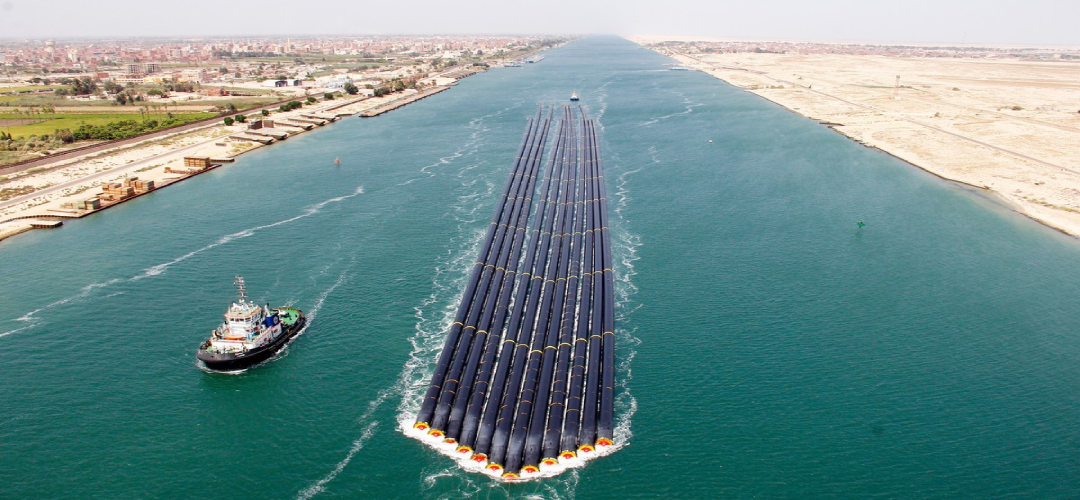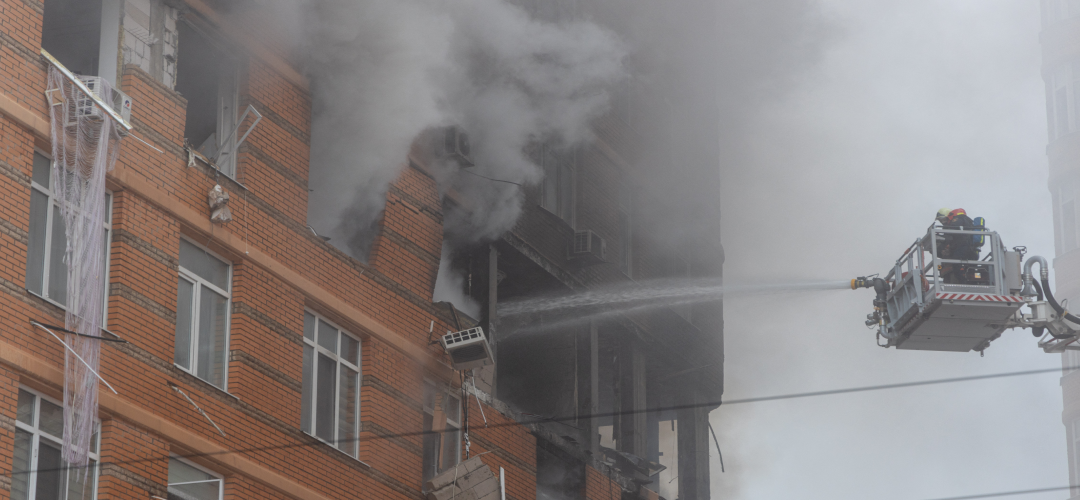It is Raining Missiles and Drones!
December 30, 2023 | Expert Insights

The Houthis, an armed group that controls most of northern Yemen, have been attacking merchant ships crossing the Red Sea with drones and missiles since Hamas’ October 7 attacks. The Houthis claim the attacks are intended to pressure Israel to end its war on Gaza. The Houthis, like Hamas as well as Hezbollah in Lebanon, are an Iran-backed outfit.
These attacks on commercial vessels in the Red Sea have impacted shipping companies, oil giants, and international trade. Compelling merchant ships to reroute from a crucial sea route is expected to have a significant economic impact as shipping charges and insurance costs go through the roof.
Background
The attacks target merchant ships in a narrow waterway between Yemen and East Africa, leading to the Red Sea and Suez Canal. Known as the Bab el-Mandeb Strait, it leads south into the Gulf of Aden and north into the Red Sea. It is a critical waterway with ships crossing the Suez Canal transporting goods between Asia, Europe, and beyond.
Forty per cent of Asia-Europe trade usually goes through this route, including vast energy supplies like oil and diesel for Europe (which still depends on energy imports) and food products like palm oil and grain and most global manufactured products. Approximately 30 per cent of the world’s container traffic and more than 1 million barrels of crude oil usually transit through the Suez Canal daily.
As the crucial sea route gets drawn into the regional crisis arising out of the war in Gaza, the economic fallout is inevitable. The attacks, which no power seems to be able to deter, have led the world’s leading shipping companies to divert vessels along the far lengthier route around Africa’s Cape of Good Hope. This will add a minimum of 10 days to the journey and cost companies millions of dollars.

Analysis
As several leading companies reroute, the crisis will likely trigger higher prices and shipping delays. Oil and European natural gas prices rose as the market responded to the crisis. It's not just the oil trade that will be significantly affected. Manufactured and consumer goods (ranging from toys to electronics) will also be severely impacted in supply chains as production schedules are thrown off.
In response to the attacks, the U.S. has launched an international naval operation to protect ships in the Red Sea route, with the UK, Canada, France, Bahrain, Norway, Spain, and others joining. Despite the security measures, many shipping companies are reluctant to resume trade, so the disruption could last a while.
As a key link between Asia and Europe as well as the East coast of the U.S., the Red Sea route is important for India's sea trade, and the rerouting could increase costs. Around 20 per cent of Indian exports go through the Red Sea and Suez Canal route. Along with longer shipping time and higher freight rates, the higher risk associated with the shipping may hike insurance premiums, increasing operation costs.
Industries exporting manufactured goods like automotive parts, agricultural goods, chemicals, textiles and garments, and pharmaceutical products will likely be directly affected. India's total merchandise trade with Europe and North Africa comprised $106 billion in exports and $98 billion in imports, respectively. Around 50 per cent of the imports and 60 per cent of the exports may have gone via the Suez Canal.
Indian crude oil imports may not be as affected since about 85 per cent of it goes through the Strait of Hormuz (in the Persian Gulf). However, Russian crude oil travelling to India via the Suez Canal route would be affected if the Houthis attacked the ships.
While India is not a part of the US-led task force to protect merchant ships from the attacks, the Indian navy deployed two guided missile destroyers and a Poseidon maritime surveillance aircraft in the Arabian Sea after a drone attacked a crude oil tanker heading to India. The Indian government has pledged to take firm action against those responsible for the attacks on two India-linked ships.
Assessment
- The Red Sea shipping crisis is likely to push up energy and manufactured and consumer goods prices in the short term. It also disrupts supply chains by increasing shipping time and costs and upsetting production and retail schedules.
- It is uncertain how long the attacks will continue and whether the US-led task force protecting shipments will resolve the crisis. However, if the attacks on commercial ships along the sea route become a protracted crisis, higher costs translating to inflationary pressures may reach consumers.
- India is also likely to face the repercussions as a substantial portion of its trade will have to reroute, and the industries face higher shipping costs and insurance premiums.








Comments